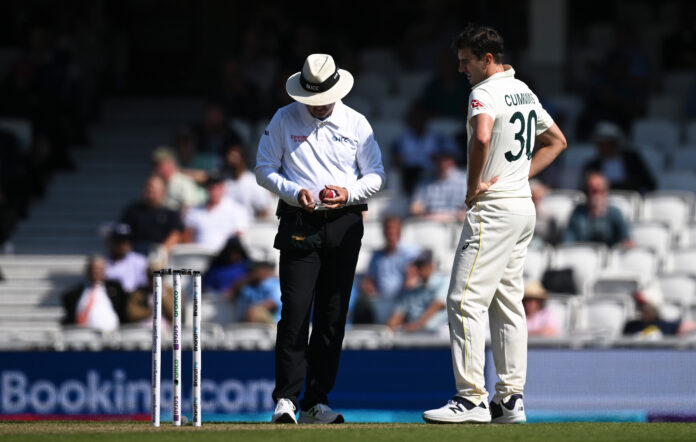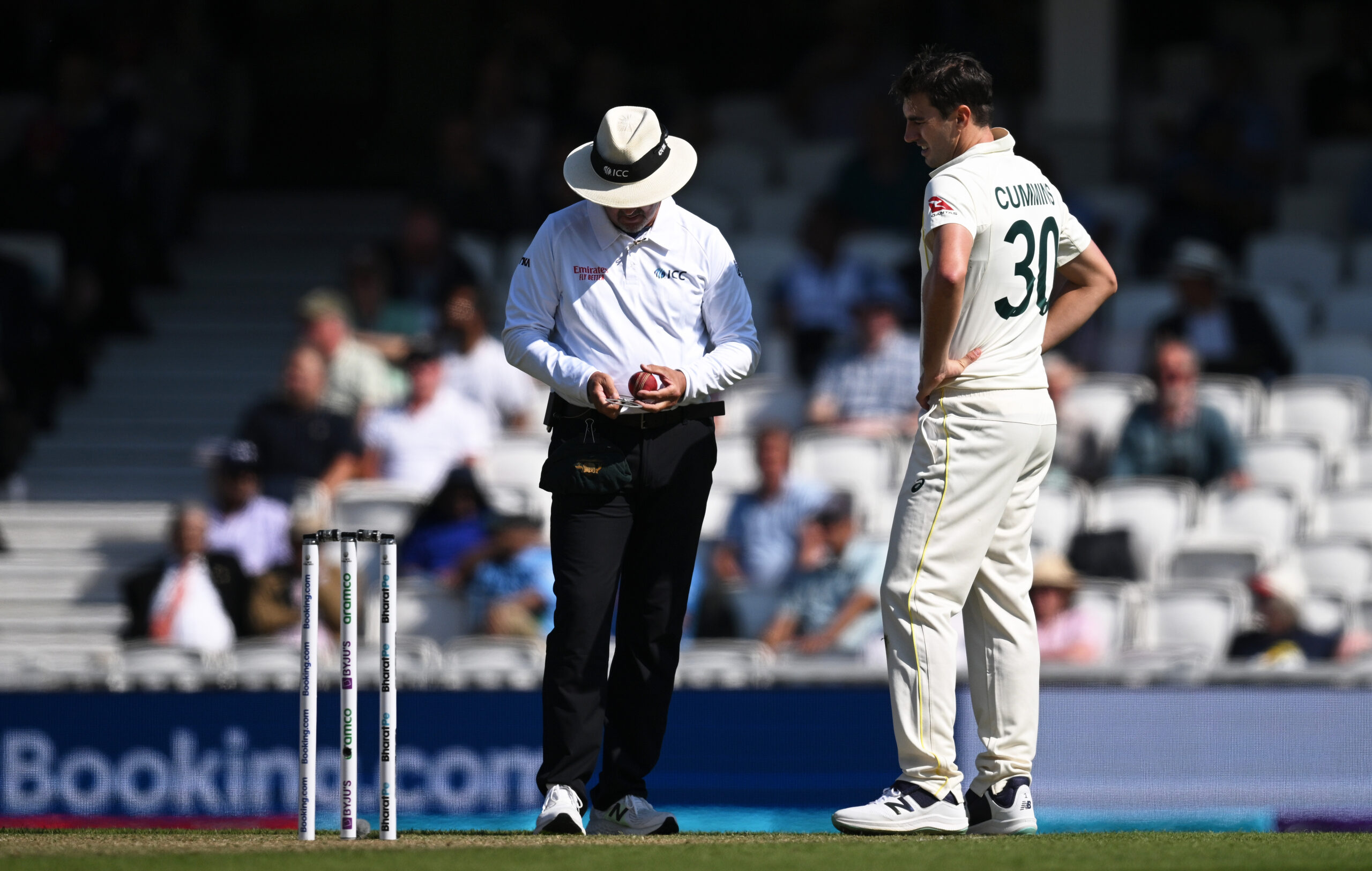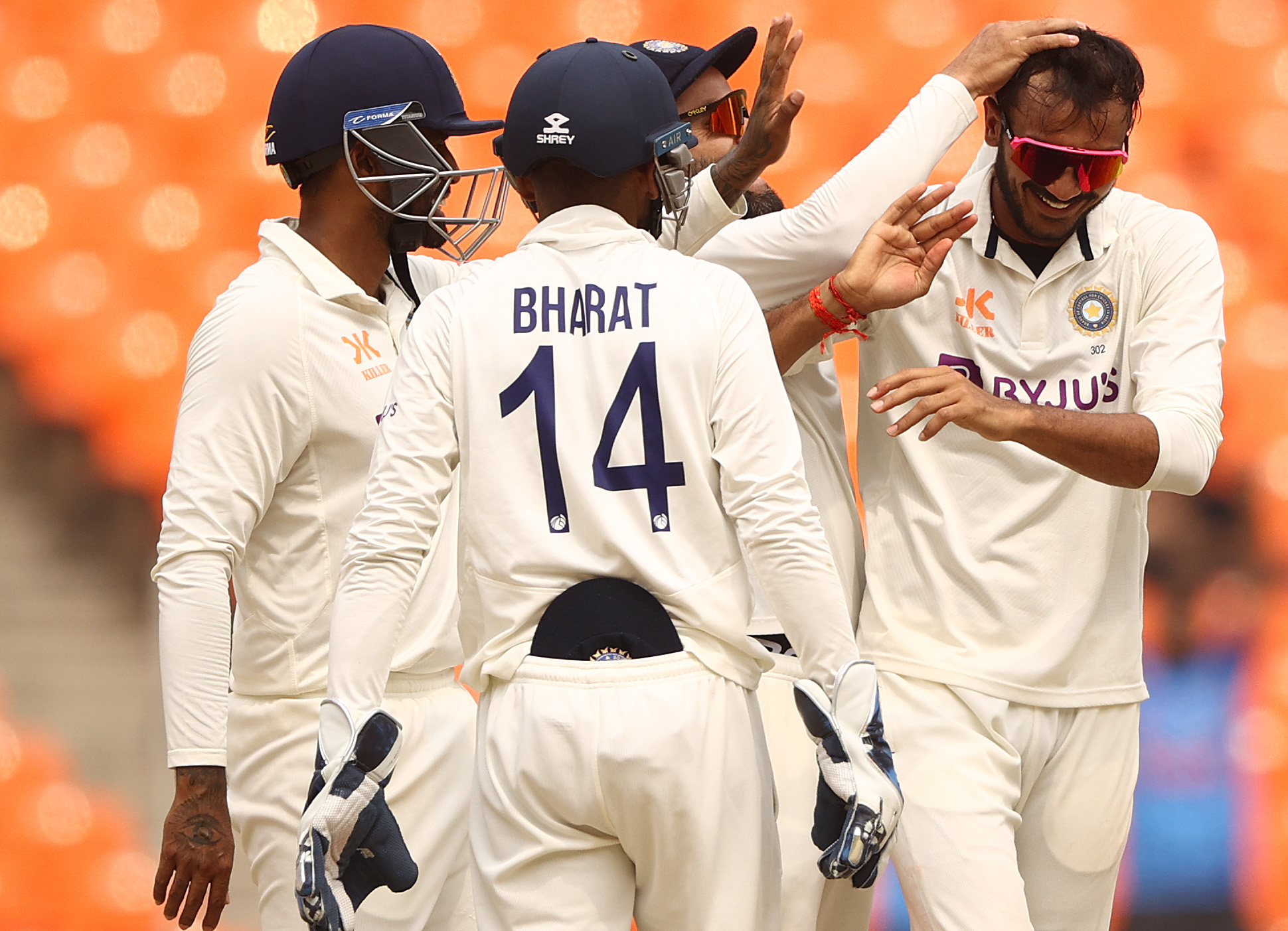

For those who follow me on Twitter, you'll know I have a long-running crusade against the ICC's handling of slow over rates in international cricket.
Not that they care.
The pathetic scenes on Day 2 of the World Test Championship enabled the game - supposed to be the biggest on the Test match calendar - to amble along at an absolute snails pace.
By the time it was said and done, and allowing for a two-over change of innings (which was actually 2.3 overs), only 77 of a supposed 90 overs were bowled. That, even after allowing for an extra half an hour.
In the ICC's playing conditions, it is very clear that the required rate is 15 overs per hour, minus usual delays and stoppages - that's where the half hour comes in. That is supposed to be what is used to catch up those unusual delays and stoppages to ensure 90 overs are bowled on each day of Test cricket.
In the actual time on field yesterday, each over took an average of 5.10 minutes to bowl.
That followed Day 1 where India spent the entire day in the field, but somehow finished five overs short. At one stage, they were 12 overs behind, and failed to gain any ground to the end of the day, instead bowling the required 15 overs per hour to bowl an extra seven during the final half-hour to 'catch up.'
Day 1 ultimately saw each over take an average of 4.59 minutes, and even that with Ravindra Jadeja ripping through overs in the second half of the day.
It's understood that the scoreboard at The Oval suggested India were two overs behind across the entirety of their first innings, while Australia were not behind at all at the close of Day 2.
For that to be the case - for the game to be only two overs behind despite losing 18 overs of play and despite an extra hour available over the course of the first two days - means that a staggering two hours and four minutes of unusual delays must have been recorded by the ICC's match referee and officiating team.
So far, there have been three DRS reviews, and some hold ups with injuries or spectators walking in front of the sightscreen, but if you were being generous, you might say there had been half an hour or a little over of unusual delays which are allowable to a fielding team's over rate.
Some of those have undoubtedly been caused by the batting team incessantly running on drinks and gloves every two overs, but there has been no urgency from either team to keep the game moving.
It's not as if wickets have been tumbling left, right and centre either - 15 wickets across two days is hardly an excuse for 18 overs of cricket being lost with an extra hour up the sleeve.
The fact that penalties won't apply from this match, or that on-field laws aren't being used to control the tempo of play, is a blight on the sport, and a problem for punters who pay good money to click through the turnstiles at The Oval, not to mention the TV networks who have paid for the broadcast.
In the MCC laws of the game, which then carry across to the ICC laws, umpires have the power to warn captains for time wasting, and then, if it continues, penalise with a five-run penalty.
How that hasn't been used yet is simply beyond me.
To suggest that neither team have carried out intentional and deliberate acts of time wasting so far in this game, whether that be through taking far too long to set the field or running gloves and water at every opportunity, is an unbelievably wild suggestion to make.
And while some will point to the simple fact that this game is now unlikely to go five days following the Indian batting of Day 2, that simply doesn't matter.
The fact is, it could have, and those 18 overs lost, plus any extras across the next two days, could have found the game reaching for a result with overs lost to the ether.
If yesterday had of been Day 5, they would have needed almost another hour to conclude the game, turning it into an arduous seven-and-a-half-hour days, but because it's not the final day, those overs are simply lost.
And while on-field officials must use the laws to their advantage in speeding up the game, the ICC also must come in hard, whether that be changes to the laws to allow more immediate penalties, suspensions or fines.
I don't claim to have all the answers, but over rates are going backwards right around the world.
Earlier this year, New Zealand fell short in a Test against Pakistan due to bad light on the final day, and a matter of a few more overs could have changed the result - slow over rates throughout the Test ensured that wouldn't be happening though.
Over rates are unlikely to impact the result at The Oval, but it's just one example of how teams are shortchanging themselves by not keeping the game moving.
That in turn, short changes fans who don't get to see what they paid for, broadcasters who are forced to stay on the air longer or fill in plenty of dead time, and ultimately, frustrates people.
In a world where there are entertainment options galore, the notion of cricket being a boring sport by the masses who don't understand won't go anywhere with a bowler standing around at the top of his mark twiddling his thumbs while the field is set and the batsmen have their tenth drink of the session.
The bottom line is, if players in grade cricket can get through 16 or more overs per hour, 15 with an extra half hour per day should be nothing but water off a duck's back to the elite players of this world.
But for whatever reason, it isn't.
It's not just Test cricket either. ODI innings regularly take four hours to complete in the modern era, and that's something that will no doubt come up during the World Cup later this year. A game supposed to be played in seven and a half hours will instead likely stretch on for at least eight and a half.
T20s are the same, with innings regularly running for up to 100 minutes, extending games to well over three and a half hours, in a format which was designed to be completed in three.
The ICC have toyed around with different penalties, particularly in the World Test Championship where points penalties apply, but it's clearly not yet enough to have players on board with getting through the game.
It's time for serious action, because things will only somehow get worse without it.







